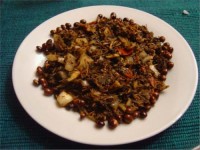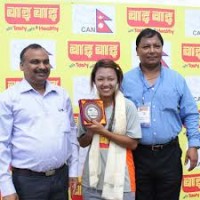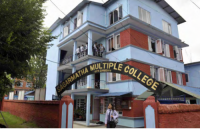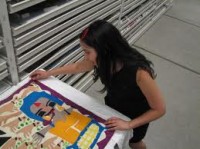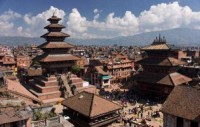Child Workers in Nepal (CWIN)
The first Nepali organization to raise the issue of the welfare of the children through a right-based approach, Child Workers in Nepal (CWIN) was founded by a group of young university students led by Gauri Pradhan, who is now a member of the National Human Rights Commission.
The organization has been working for twenty five years now (celebrated silver jubilee in 2012) and it considers establishing the erstwhile neglected issue of child rights into a national agenda has become its major achievement.
The world has felt the need for a UN convention on the Rights of the child to make the countries more responsible and accountable towards child rights after the celebration of International Children’s Year in 1979. Although a draft of the convention was endorsed in 1989, the human right campaigners had a misconception that child rights could be easily guaranteed if citizen and political rights were ensured. The Human Rights activists were not too interested in child rights before 1990, however, there have been many notable changes in policies and legal provisions to ensure the rights of the children.
The child Right movement and advocacy initiated by CWIN led the government to set-up the Central Child Welfare Board (CCWB) and District Welfare Committees and gradually incorporate child rights as fundamental right in the 1990 Constitution and the Interim Constitution. Pradhan was also one of the key persons to draft the National Plan of Action for children 2004/05-2014/15.
The protection of children, whether through rescue, emergency shelter, counseling, reintegration or providing legal services, has always been the major work of CWIN. CWIN operates five child help lines, a hotline for children at risk and runs a long-term transit centre named Peace Home for children without alternative reintegration along with dealing with children affected by the 10 year civil war, former child soldiers and running programs with youth on conflict transformations.
CWIN has been successful to provide education support to around 259,473 children, rescue and provide legal support based on helpline complaints to 18,000 children, provide vocational training to 51,00 children and over 100 studies have been conducted on the status of the children.
However, most of its programs and activities are focused in city areas, apart from few in Rolpa and Rukum. It has, nevertheless, brought progressive changes in area of Child Rights and will be conducting campaigns in all rural, marginalized and poor areas to ensure child rights and end abuse and inequality.


